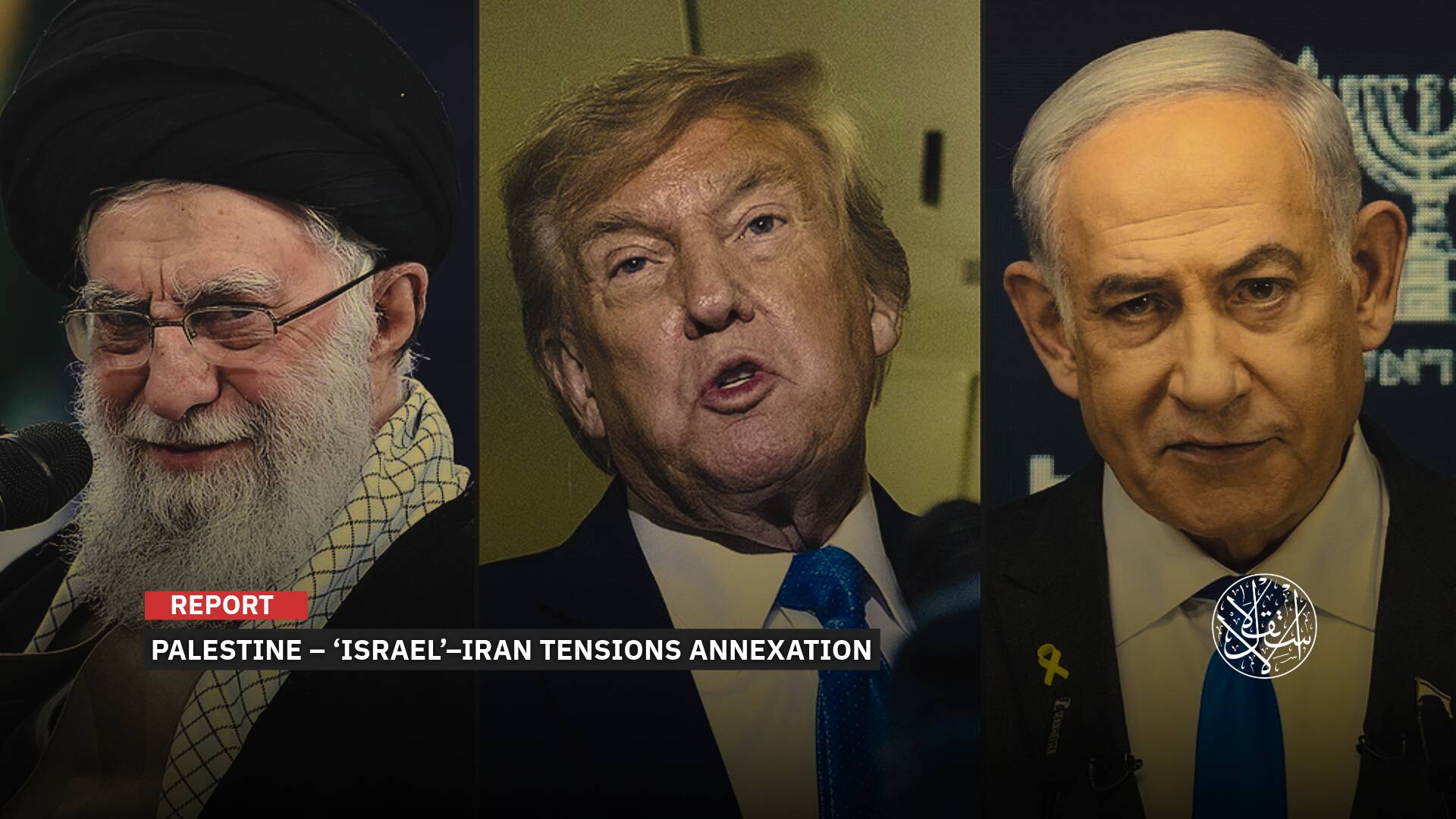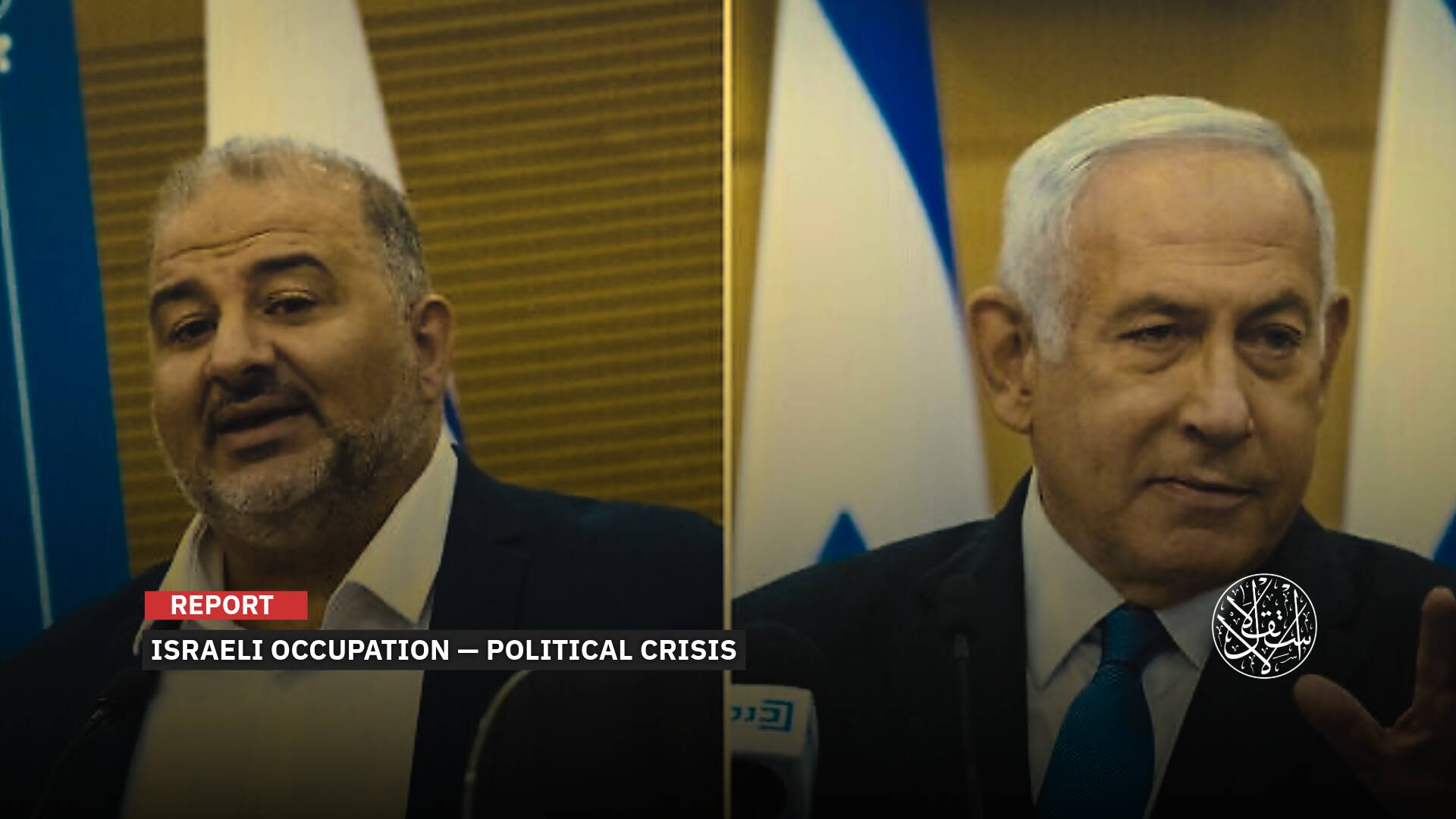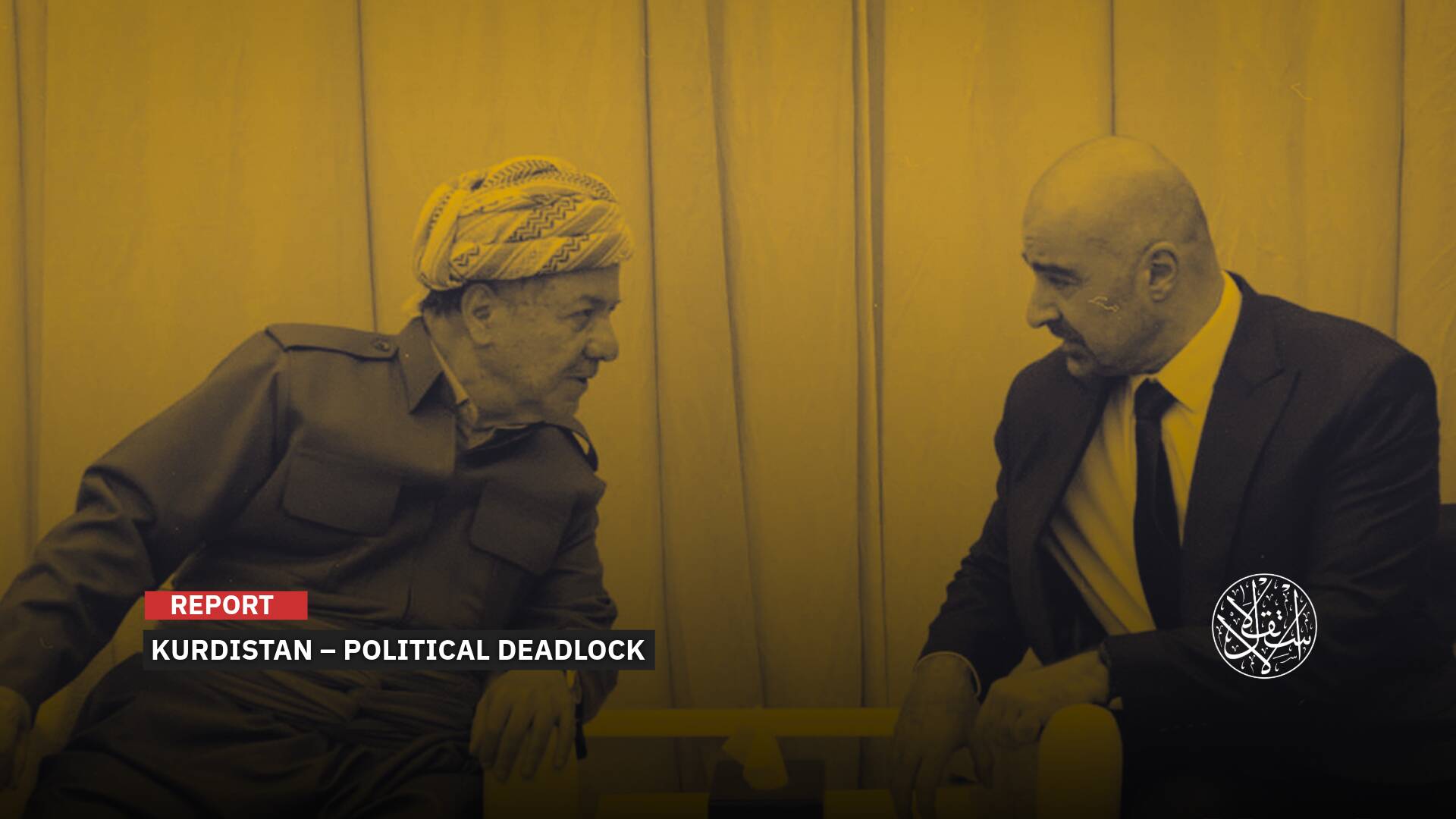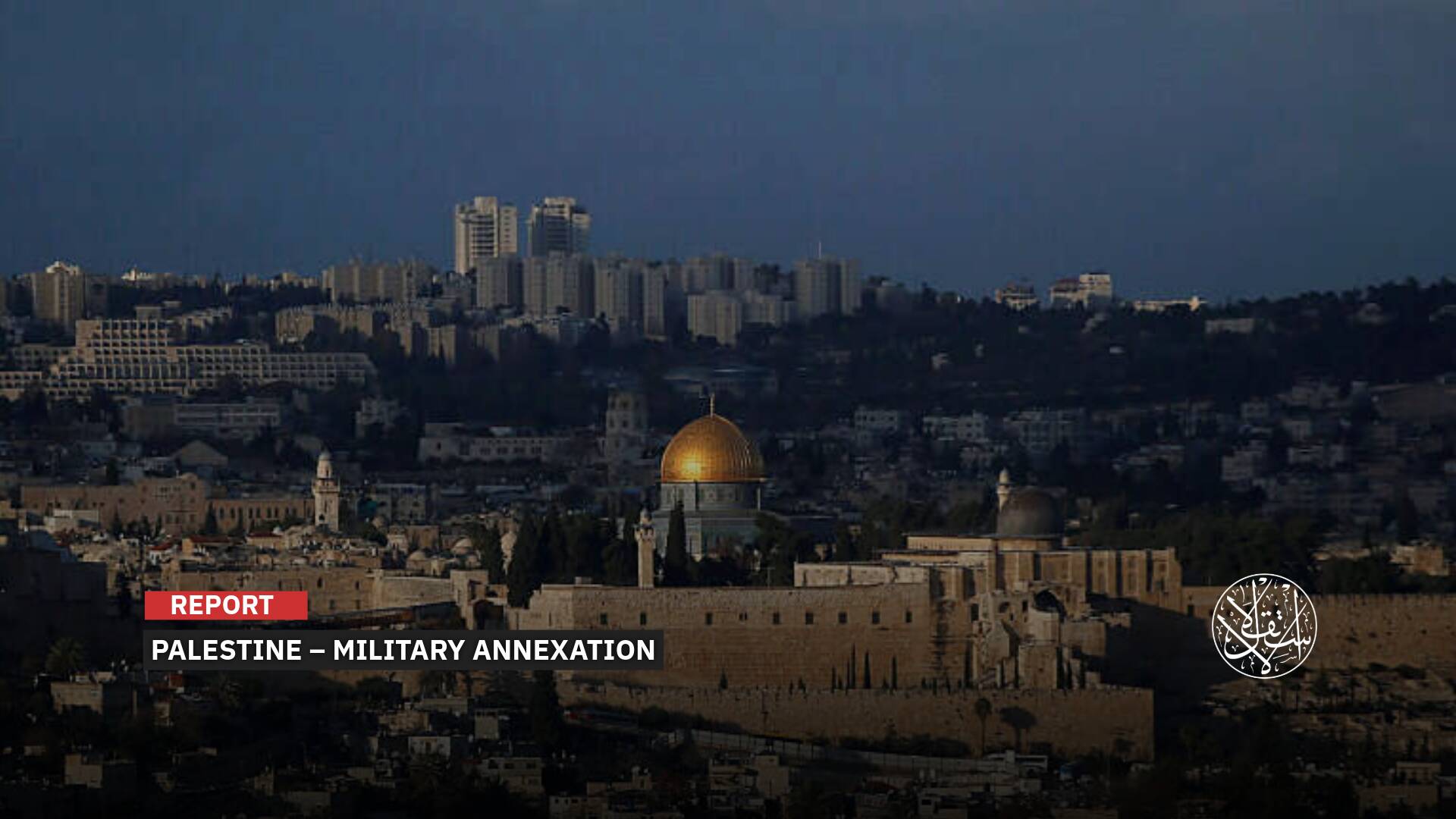Why Did Sisi Monopolize the Appointment of Egypt's Grand Mufti?

"Men will never be free until the last king is strangled with the entrails of the last priest", the motto of the French Revolution (1789–1799), which today expresses the feelings of Egyptians who reject the role of Grand Mufti of Egypt Shawky Allam in the service of the purposes of the ruling regime.
Allam, for eight years, has filed fatwas described as politicized, and ratified nearly 1,100 death sentences against mostly Islamist dissidents, according to Human Rights Watch, prompting regime chief Abdel Fattah al-Sisi to uphold it despite the expiry of his legal term.
On August 12, 2021, Sisi decided to extend the service of the Grand Mufti of the Republic for a year, becoming the first mufti in Egypt's history to issue a republican decision to extend his service beyond the legal age.
In his first reaction, Allam said: "This great support from his sovereignty represents a great incentive and a great opportunity to serve the nation, and to work to complete our journey in renewing the fatwa discourse and achieving fatwa leadership."
Explicit Violation
In a clear violation of articles in the Constitution, the Civil Service Act and Al-Azhar Regulations of the Senior Scholars Committee on the selection of the mufti's post, Sisi issued a republican decree a day earlier to consider the fatwa house of a "special nature."
In his decision, he stressed that the leadership and supervisory functions of the Fatwa House are not subject to the provisions of articles (17 and 20) of the Civil Service Act, to join the house with the presidential institutions and ministers, which were also excluded on January 12, 2017.
Article 17 of the Civil Service Act provides for the method of appointment to leadership and supervisory management, and article 20 is concerned with the way in which the employers are terminated.
However, it is not without raising questions about the implications of the decision for the future position of mufti, the extent to which he is separated from Al-Azhar and the senior scholars' body, which has the right to choose him legally, as well as the link between the appointment of the mufti and security, political and intellectual choices that correspond to the regime.
Egyptian secular writer Khaled Montaser was one of the most important supporters of Sisi's decision, expressing his happiness at his appointment of the Mufti away from Al-Azhar, describing the decision via Twitter as "meaningful," asking: "Is this how the Fatwa House escaped the power of Al-Azhar?"
Observers and speakers said in an interview with "al-Estiklal", that Sisi's decision to exclude the Mufti from the civil service law comes as he seeks to control the religious institution in general, reduce the role and influence of Al-Azhar and separate the house and the fatwas altogether from the sheikhdom.
They stressed that under the resolution, the mufti's choice becomes a direct jurisdiction to end the role of al-Azhar's senior scholars in selecting the mufti from three who were nominated within it.
They believe it is a challenge for Al-Azhar, whose senior scholars on February 24, 2021, ratified the secret ballot for the election of the mufti before his second term expires in the same month and year, but the choice did not take effect.
The regime has long tried to control religious institutions by passing laws through parliament, such as "Organizing the Fatwa House," "Zakat and Charity House," "Reorganizing the endowments," "Organizing the Public Fatwa," and "Establishing the Charitable Endowment Fund."
But the most controversial was the "House of Fatwas Act", which was discussed by parliament in August 2020, and was met with al-Azhar's objection that its articles affected the independence of the Azhar and its bodies and was rejected by the State Council for violating the constitution.
The bill gave Sisi the power to choose the mufti, as the famous constitutional amendments in 2019 gave him the power to choose the heads of judicial bodies and the attorney general, which he obtained by his latest decision.
Controversial Fatwas
The Egyptian Fatwa House (Dar al-iftaa) was established in 1895 as a financially and administratively independent body attached to the Ministry of Justice. According to Egyptian mediators, the mufti's role is limited to announcing Ramadan’s beginning and the two feasts, and some do not know its role in approving death sentences.
Allam, Egypt's 19th grand mufti who took office by electing a panel of senior scholars on February 11, 2013, succeeds former Mufti Ali Juma.
Opponents call it the Mufti of "blood" and "executions.”
In February 2020, the Egyptian Media Center confirmed that the Egyptian judiciary had referred 2,400 death row opponents to the Mufti, 1,103 of whom had already been sentenced to death.
With his coup in mid-2013, Sisi acknowledged the existence of Allam at the head of the fatwa and renewed his appointment after his first term in 2017, renewing him for a second five-month term on February 22, 2021.
Allam's fatwas have long sparked controversy, from his support for the June 30, 2013 demonstrations against the late President Mohamed Morsi, and his refusal to demonstrate against Sisi in September 2019.
Allam also described what happened on June 30, and July 3, 2013, as a "prophetic miracle that the Prophet revealed."
In September 2020, he admitted that he had ruled that 30 mosques could be demolished on the road of Al-Mahmoudiyah Canal, one of the Nile canals in northwestern Egypt, on the grounds that it was usurped land, stressing that those who prayed there were sinful.
With Sisi's decision to demolish thousands of homes for violating building permits in the summer of 2020, he said resistance from demolition stakeholders was "a lean, aggressive and missed public interest."
European Muslims facing restrictions on worship and an escalation of Islamophobia have not been spared from Allam, who accused their children of belonging to the State Organization.
He claimed on an Egyptian TV channel that a 2016 study found that the number of Islamic State members in Europe was increasing, and 50 percent of second- and third-generation Muslims there were members of the group, he claimed on Egyptian satellite television, October 9, 2020.
In February 2020, the house broke up with bad Egyptian-Turkish relations, prohibiting watching Turkish series such as "The Resurrection of Ertugrul" and "Valley of wolves.”
On July 7, 2020, it claimed that the Ottoman conquest of Constantinople was an occupation, before retreating, calling it a "great Islamic conquest."
Coup Against Al-Azhar
Former Egyptian lawyer and parliamentarian Mamdouh Ismail says: "Sisi's decision to consider Dar al-Iftaa as a special nature and exclude it from the articles of the Civil Service Act is overthrown as usual by all the constitution and laws before it."
"Just as he turned against President Morsi's rule, the Egyptian constitution, military law, and his coup partner Sedki Sobhi, he dismissed him despite fortifying his position with the constitution," he added to al-Estiklal.
Ismail asserts that Sisi "is the one who turns on the list of (the senior scholars body), free of any items by which the mufti can be extended," referring to the four clauses of the mufti's selection list, which the head of the regime disagreed with.
"Sisi's decision is similar to the Law on the Organization of Fatwas, which Al-Azhar objected to for violating its articles of the Constitution and undermining the independence of Al-Azhar and its affiliates," he said.
"Sisi used Shawki Allam as a religious cover for his injustice, tyranny and bloodshed, so he made him the supreme reference for the fatwa, bypassing al-Azhar's role," the Egyptian lawyer said.
"Therefore, only two of Sisi's companions since the coup have so far changed their position alongside him, Mufti Allam and Minister Mokhtar Juma, because of their loyalty and dependency, which went beyond all principles and stunned all followers," he said.
"Sisi's negligence in Allam was difficult for him, so he made a decision on a law that violated the constitution, the service law, and the list of the senior scholars," the Egyptian politician said.

"Sisi's decisions fall within the framework of the formation of a deep state for the military state in general, and he wants to create a state that owes him loyalty," said Sheikh Shaaban Abu Badria, imam of the Al-Huda Mosque in Minneapolis, America.
"Sisi's state within the deep state seeks to hold on to the reins very tightly, in a conflict of wings that may accelerate the destruction and internal dismantling of the regime," he said to al-Estiklal.
"Sisi's change of laws and the clash of these changes with what has already been approved by parliament, this is not strange for totalitarian regimes or Sisi, he does not believe in the feasibility of these councils, nor their value," the sheikh said.
"His confidence lies only in the military; his talk of appointing an army officer for each village confirms this meaning, as he is fully aware of the corruption of the state security, judicial and local government agencies," he said.
The Islamic preacher adds: "Shawki Allam, who made catastrophes in his fatwas and his signature on death sentences in politicized cases clearly confirmed, combined ignorance of the nature of his position with the provisions of reality, before being directed by a national security informant."
"Why would Sisi change a man who was more obedient to him than his fingers and legitimize unjust sentences (executions) that the whole world recognizes as unjust?" he asks.
Abu Badria links "Sisi's decision to try to get rid of Al-Azhar Sheikh Ahmed al-Tayeb for his resistance to some of his desires in oral divorce issues, atonement of the Brotherhood, renewal of religious discourse, etc."
"Since mufti Sayed Tantawi was chosen under (former regime president) Hosni Mubarak and violated the fatwas of the jurisprudential mosques by allowing the benefits of banks, the regime has been looking for weak personalities who respond to his wishes and legitimize them despite their violation of Sharia," he said.
"This is in my opinion in response to the global attack on Islam and the replacement of secular values, and the passage of these directives without a clash with official clerics such as the Sheikh of Al-Azhar and the Body of Senior Scholars," Abu Badria believes.
"Perhaps what happened to the Salafist sheikhs Mohamed Hussein Yaacoub and Mohamed Hassan before an Egyptian court (questioning on the crime and beliefs of others) was to intimidate all preachers, to openly threaten those who stand in the way of the state's military orientations, and to reduce the role of Islam in people's lives."
The Islamic preacher therefore does not rule out that "Sisi's decision on dar al-Ifa'a and other laws in order to achieve the above," expecting that "the arena will see a change in religious positions to suit the new phase of the military and empty society of its Islamic content."
He believes that the next phase "will see the consecration of the separatist national discourse on the Islamic and Arab nation and self-retreat, the drying up of the true sources of Islam, and the maintenance of images of comfortable religiosity, such as Sufism, and the Salafism of the Nour Party."










